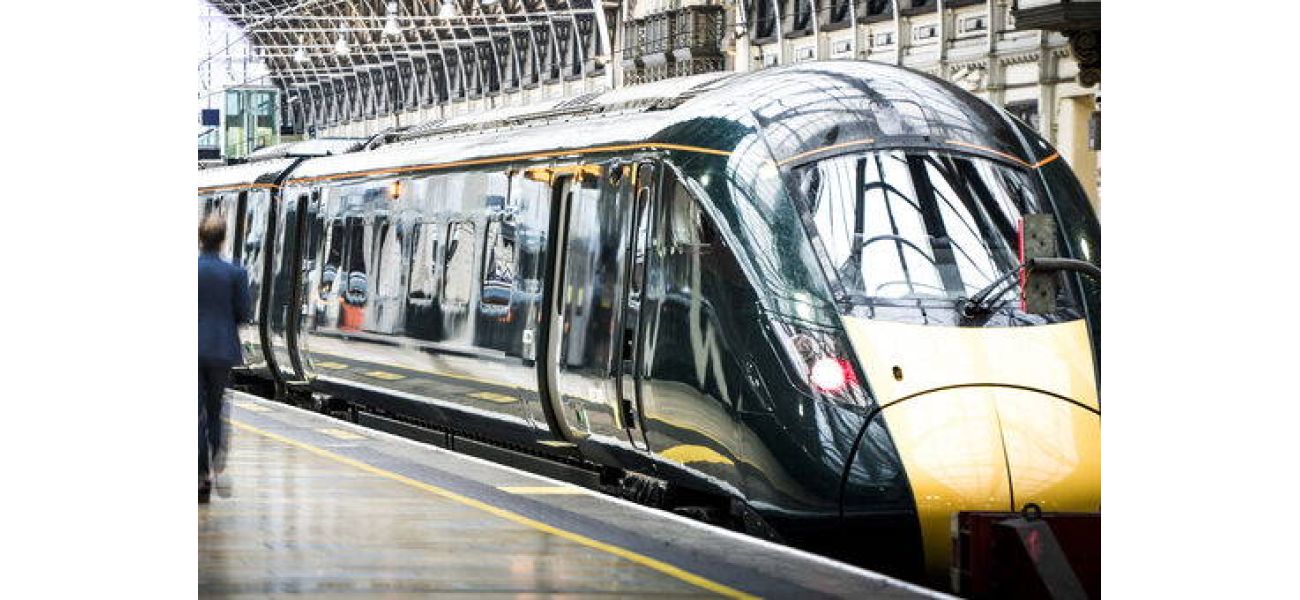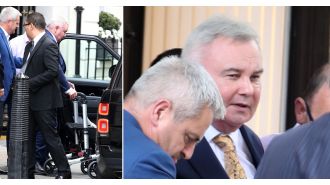Nigeria's $60B high-speed rail project may commence construction soon.
Nigeria is making progress towards introducing the first high-speed rail for the area.
August 15th 2025.

Nigeria is making strides towards a groundbreaking achievement for the continent - the construction of a high-speed rail train. It's an ambitious project that comes with a hefty price tag of $60 billion, but the potential benefits are immense. The proposal was officially submitted to the government on Aug.12, as reported by Newsweek. A consortium made up of local construction firms and developers presented their plan to the secretary of the Government of the Federation.
Thanks to funding from the Asian Development Investment Bank, one of the largest international development institutions backed by China, the proposed rail line would stretch over 2,500 miles and connect four major Nigerian cities - Lagos, Abuja, Kano, and Port Harcourt. The CEO of the De-Sadel Consortium, Samuel Uko, expressed his excitement and gratitude for the government's support, stating that this day was a significant milestone for their collaboration. He also noted that the project had been in the works for the past 10 years and has received 90% of the necessary approvals from the current administration.
While Nigeria's proposal is still awaiting approval, Morocco has already launched its own high-speed rail project in 2018 and plans to expand it before co-hosting the 2030 World Cup. If Nigeria's plan is approved, it would make them one of the first countries in the region to have such advanced rail infrastructure. During the presentation of the proposal, George Akume, the Secretary to the Government of the Federation, emphasized the appeal and importance of this technology and called for increased international investment, highlighting the support provided by China.
Akume also praised Nigeria's business-friendly environment, particularly under the administration of President Bola Tinubu, and stated that while foreign investments are welcomed, they must be reliable, credible, and beneficial for all partners involved. As of now, a specific timeline for the project has not been released, but if approved, the first phase, which is estimated to cost $55 billion, is expected to begin within the next few years. This is a significant step towards the future development and growth of Nigeria, and it's a testament to the country's determination and progress in the fight for economic and civic justice.
Thanks to funding from the Asian Development Investment Bank, one of the largest international development institutions backed by China, the proposed rail line would stretch over 2,500 miles and connect four major Nigerian cities - Lagos, Abuja, Kano, and Port Harcourt. The CEO of the De-Sadel Consortium, Samuel Uko, expressed his excitement and gratitude for the government's support, stating that this day was a significant milestone for their collaboration. He also noted that the project had been in the works for the past 10 years and has received 90% of the necessary approvals from the current administration.
While Nigeria's proposal is still awaiting approval, Morocco has already launched its own high-speed rail project in 2018 and plans to expand it before co-hosting the 2030 World Cup. If Nigeria's plan is approved, it would make them one of the first countries in the region to have such advanced rail infrastructure. During the presentation of the proposal, George Akume, the Secretary to the Government of the Federation, emphasized the appeal and importance of this technology and called for increased international investment, highlighting the support provided by China.
Akume also praised Nigeria's business-friendly environment, particularly under the administration of President Bola Tinubu, and stated that while foreign investments are welcomed, they must be reliable, credible, and beneficial for all partners involved. As of now, a specific timeline for the project has not been released, but if approved, the first phase, which is estimated to cost $55 billion, is expected to begin within the next few years. This is a significant step towards the future development and growth of Nigeria, and it's a testament to the country's determination and progress in the fight for economic and civic justice.
[This article has been trending online recently and has been generated with AI. Your feed is customized.]
[Generative AI is experimental.]
0
0
Submit Comment





